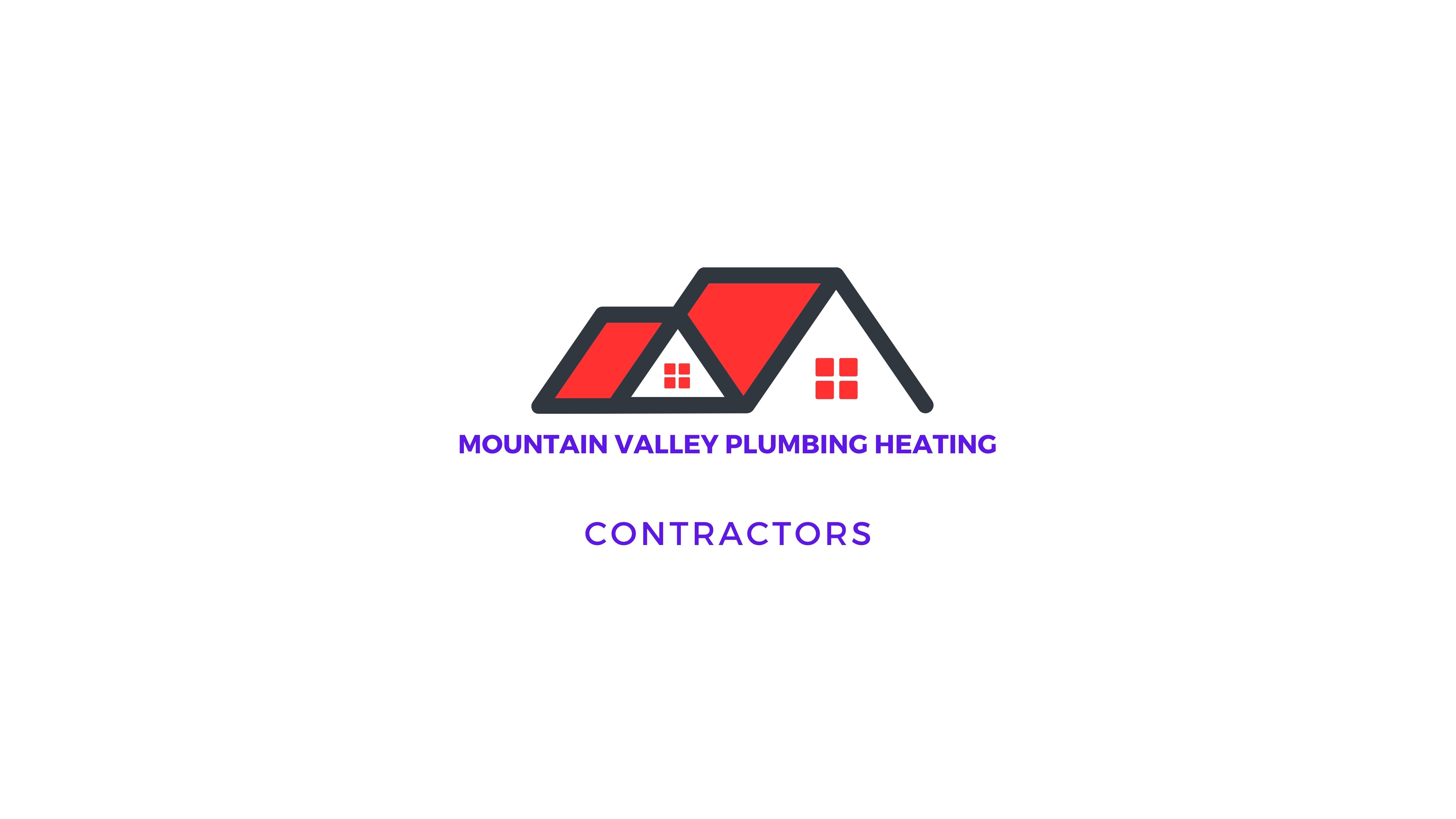Energy Efficient Heating
The Complete Guide to Energy Efficient Heating for Colorado Homes
Colorado's extreme temperature swings - from blazing summer heat to bone-chilling winter cold - make choosing the right heating system crucial for both comfort and your wallet. With heating costs accounting for up to 60% of your home's energy bill during our harsh winters, investing in energy efficient heating isn't just environmentally responsible - it's financially smart.
At Mountain Valley Plumbing & Heating, we've helped Loveland and Northern Colorado homeowners navigate heating decisions for over 13 years. Here's everything you need to know about maximizing your home's heating efficiency while staying comfortable through Colorado's unpredictable weather.
Why Energy Efficiency Matters More in Colorado
Colorado's unique climate presents specific challenges that make energy efficient heating systems particularly valuable:
Extreme Temperature Variations: Loveland temperatures can swing from 100°F in summer to -20°F in winter, requiring heating systems that perform reliably across a massive temperature range.
High Altitude Effects: At our elevation, traditional heating systems work harder and less efficiently. Modern high-efficiency units are specifically designed to compensate for these altitude challenges.
Dry Air Conditions: Colorado's low humidity means your home loses heat faster, making efficient heating systems essential for maintaining consistent comfort.
Rising Energy Costs: With Colorado energy rates increasing annually, efficient heating systems pay for themselves through reduced utility bills.
Top Energy Efficient Heating Options for Colorado Homes
1. High-Efficiency Condensing Furnaces (90-98% AFUE)
How They Work: These furnaces capture and reuse heat from exhaust gases that traditional furnaces waste, achieving Annual Fuel Utilization Efficiency (AFUE) ratings of 90-98%.
Colorado Advantages:
- Perform exceptionally well in extreme cold
- Handle altitude variations without efficiency loss
- Provide consistent heat during Front Range wind storms
- Compatible with existing ductwork in most Loveland homes
Best For: Homes with existing natural gas connections and ductwork systems.
Expected Savings: 20-30% reduction in heating costs compared to standard efficiency furnaces.
2. Heat Pump Systems
Air Source Heat Pumps: Modern cold-climate heat pumps now function efficiently down to -15°F, making them viable for most Colorado winters.
Ground Source (Geothermal) Heat Pumps: These systems use stable underground temperatures (around 50°F year-round in Colorado) to provide incredibly efficient heating and cooling.
Colorado Considerations:
- Air source heat pumps need backup heating for extreme cold snaps
- Geothermal systems excel in Colorado's stable ground temperatures
- Both types provide cooling benefits during hot summers
Best For: New construction or major renovations, especially in areas without existing gas lines.
Expected Savings: 30-50% reduction in heating and cooling costs combined.
3. Radiant Floor Heating
How It Works: Warm water circulates through tubes installed beneath flooring, providing even, comfortable heat from the ground up.
Colorado Benefits:
- Eliminates cold spots common in forced-air systems
- Works exceptionally well with Colorado's dry air
- Provides luxury comfort during long winter months
- Compatible with renewable energy sources
Best For: Bathroom renovations, new construction, or homes with concrete slab foundations.
Expected Savings: 15-25% lower heating costs due to lower operating temperatures.
4. Ductless Mini-Split Systems
Advantages for Colorado Homes:
- Zone heating allows different temperatures in different rooms
- No ductwork means no heat loss through uninsulated ducts
- Highly efficient in moderate climates
- Provides both heating and cooling
Best For: Home additions, converted garages, or homes without existing ductwork.
Factors to Consider When Choosing Energy Efficient Heating
Your Home's Specific Needs
Age and Insulation: Older Colorado homes often need insulation upgrades before heating system replacement for maximum efficiency.
Size and Layout: Multi-level homes common in Loveland and Fort Collins may benefit from zoned heating systems.
Existing Infrastructure: Homes with natural gas connections have different optimal choices than all-electric homes.
Colorado Climate Considerations
Winter Backup Needs: Even efficient heat pumps may need backup heating during extreme cold snaps below -10°F.
Altitude Performance: Ensure chosen systems are rated for our elevation (typically 3,000-5,500 feet in Northern Colorado).
Air Quality: Colorado's dry air and occasional wildfire smoke make indoor air quality features important.
Energy Efficiency Features to Look For
ENERGY STAR Certification
Look for ENERGY STAR certified heating systems, which use 10-20% less energy than standard models.
Variable Speed Technology
Systems with variable speed blowers adjust output to match heating needs exactly, improving both efficiency and comfort.
Smart Thermostats
Programmable and smart thermostats can reduce heating costs by 10-15% through optimized scheduling and remote control.
Zoning Systems
Multi-zone systems heat only occupied areas, significantly reducing energy waste in larger homes.
